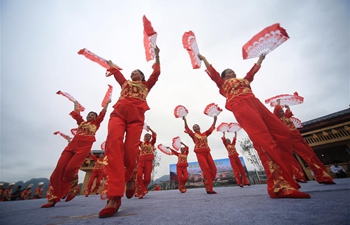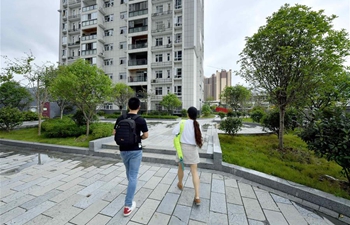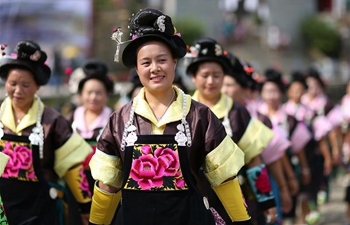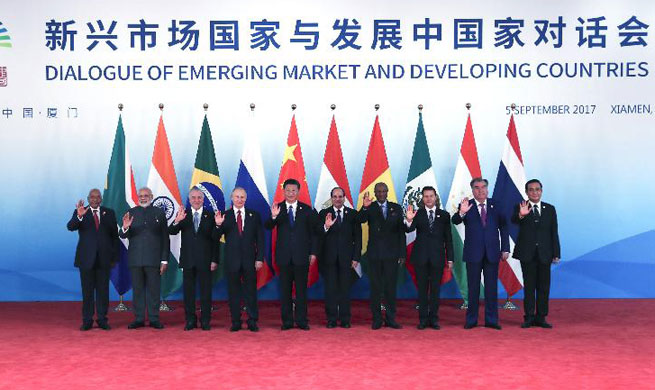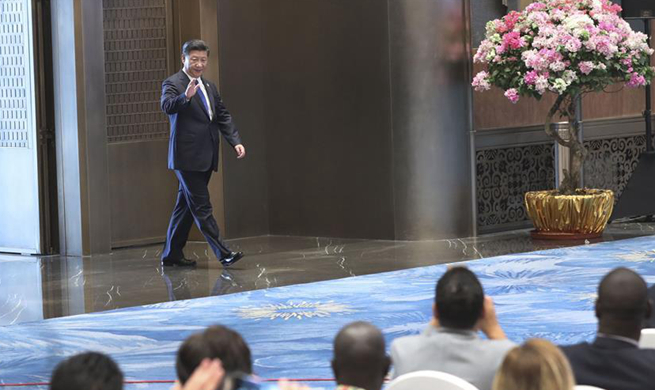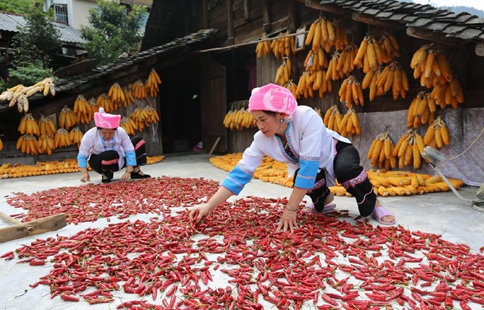by Bosun Awoniyi
LAGOS, Sept. 5 (Xinhua) -- The end of the recession in Nigeria was welcome but the country's economic growth remained fragile and vulnerable to external shocks or policy slippage, an official said Tuesday.
Special Adviser on Economic Affairs to the President, Adeyemi Dipeolu, while reacting to the figures released by the National Bureau of Statistics (NBS) for the second quarter of this year, said it was essential for the government to intensify efforts on implementing the Economic Recovery and Growth Plan (ERGP) launched earlier this year by President Muhammadu Buhari.
This, he said in a statement sent to Xinhua, would help achieve sustained inclusive growth, further diversification of the economy, creation of jobs and improved business conditions.
Dipeolu observed, however, that unemployment remained relatively high, but job creation was expected to improve as businesses and employers will respond positively to the better business environment and economic outlook.
The NBS figures showed that the economy grew in second quarter 2017 by 0.55 percent from -0.91 percent in first quarter of 2017 and -1.49 percent in the second quarter of 2016.
"This in effect means that the Nigerian economy has exited recession after five successive quarters of contraction," he said.
In another reaction, the Nigerian Senate said the improved performance of the trade, manufacturing, agriculture and oil sectors were indications that with carefully aligned policies and legislative interventions, Nigeria's economy could thrive beyond current forecasts and expectations.
Spokesperson for the Senate, Sabi Abdullahi, said the senate remained committed to seeing that the unemployment rate and high cost of living in the country was brought down.
"We will continue to work on our laws, specifically in the areas of access to credit to promote more opportunities for small business owners and opening up of more sectors to private sector participation," he added.
Nigerian economy is currently facing extremely difficult times after having been hit by converging adverse developments including a declining fortune from oil revenue.
In the past, the Nigerian economy has proven resilient in times when economic circumstances have suddenly changed. While the economy's flexibility is now being tested, an adequate policy response is expected to revamp growth, enabling companies to expand investment and create new jobs.
President Buhari also on Tuesday told reporters that the real gain would be improved living conditions for Nigerians.
"I am looking forward to ensuring that the ordinary Nigerian feels the impact," he said.
Some Nigerians told Xinhua that the recession report should not only be on paper, but should be seen positively in the lives of the people as the prices of products were still out of the reach of ordinary Nigerians.
The Nigerian economy slipped into recession in early 2016.




